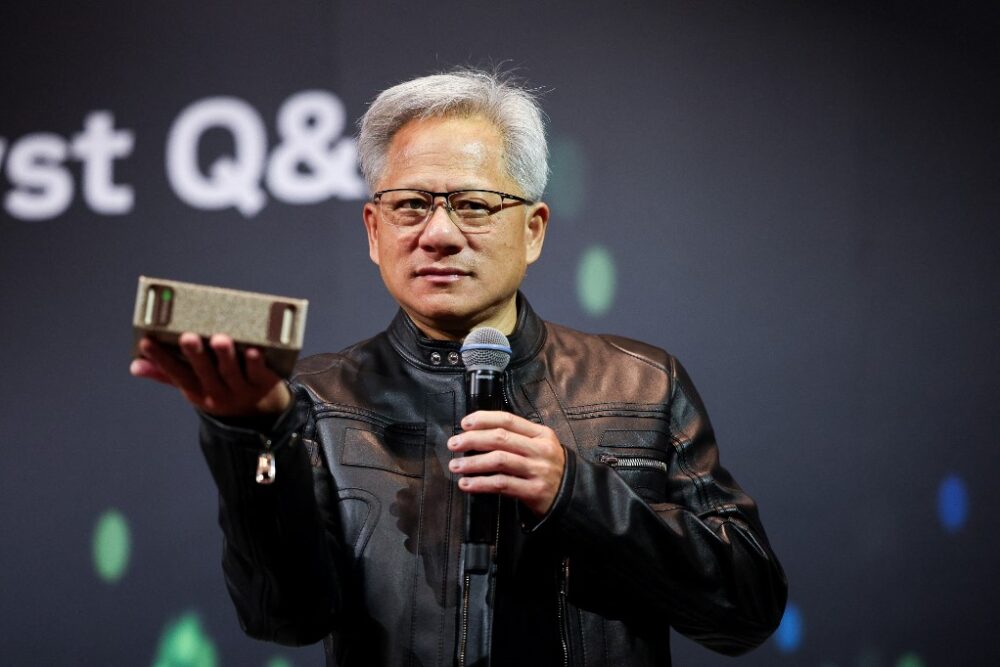Nvidia is facing a major turnaround – after months of hiatus, the company expects to soon be able to export its H20 AI processors to China again. The US regulatory hurdles that blocked shipments in April were a direct blow to the company, which had previously been forced to adapt its products to meet strict export restrictions.
The US government then notified Nvidia that special permits were required to resume sales, temporarily halting the sale of the chips. The H20 was designed to address the previous restrictions, but new regulations have put it out of business again – at least for a while. Now the situation is changing: Nvidia claims it has received assurances that a permit could be granted soon.

Jensen Huang, the company’s CEO, has been actively communicating with the US administration, warning that regulatory measures are undermining the US’s global competitiveness in advanced technologies. In May, he admitted that China’s share of its revenue had been halved precisely because of the restrictions, but a meeting with President Trump reportedly brought about a positive change.
A joint trade agreement between the US and China, which includes the easing of mutual restrictions, has opened the door for business to resume. In parallel, information appeared that Nvidia is developing an additional model for the Chinese market, which would be less sophisticated, but in accordance with the current rules on the export of advanced technology.
Experts such as Futurum Group's Ray Wang point out that the reactivation of the H20 chips – along with the launch of new regulatory-compliant versions – could significantly boost Nvidia's business growth in the coming quarters. This turn was not expected by many, but it could have far-reaching consequences for the dynamics of the global AI market.

